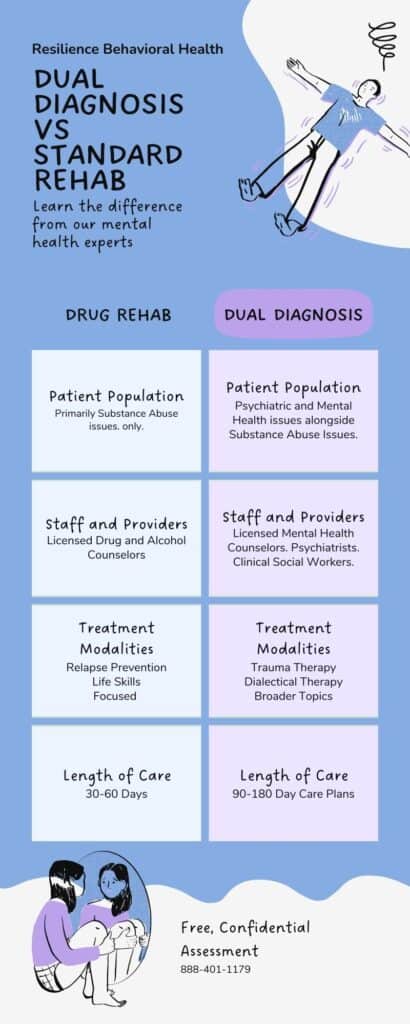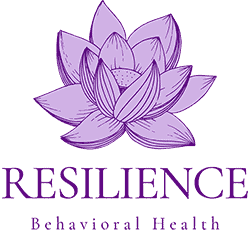Supporting Loved Ones Through Dual Diagnosis Treatment in Massachusetts
Supporting a loved one through dual diagnosis treatment might feel like a herculean task (which it definitely is). But know this, rehabs in Massachusetts Dual Diagnosis Treatment Center are always ready to assist you and your loved one throughout this process.
Whether it’s seeking advice, connecting with support groups, or finding professional help, remember that help is available, and you don’t have to navigate this path by yourself.
What Should You Do While Seeking Treatment At Dual Diagnosis Center In Massachusetts?
Learn About Dual Diagnosis
Take the time to understand what dual diagnosis is all about. There are plenty of resources out there, like books, websites, and support groups, that can help you get the information you need.
Be Patient and Understanding
Recovery is a journey, and it takes time. Your loved one might face challenges along the way, so it’s crucial to be patient and understanding as they work through their recovery.
Encourage Professional Help
If your loved one hasn’t started receiving professional assistance, kindly suggest and guide them to seek it. Massachusetts has various dual-diagnosis treatment programs that can provide the support they need.
Keep Them Connected
Social support is a big part of recovery. Urge your loved one to stay connected with family and friends. Support groups can also be beneficial in this journey.
Take Care of Yourself
Don’t forget about your well-being. Ensure you get sufficient rest, maintain a healthy diet, and incorporate regular physical activity into your routine. Take time for yourself to relax, after all, you need to be in good shape to provide the support your loved one needs.

Don’t forget about your well-being. Ensure you get sufficient rest, maintain a healthy diet, and incorporate regular physical activity into your routine. Take time for yourself to relax, after all, you need to be in good shape to provide the support your loved one needs.
Effect of Dual Diagnosis on Families
A study published in the journal Addiction in 2017 revealed that over 70% of family members dealing with a loved one’s dual diagnosis went through significant emotional distress.
This same study highlighted that 50% of these family members also faced financial challenges due to their loved one’s dual diagnosis.
Moreover, 40% of these family members experienced stigma from others. These findings underline the real-life struggles and hardships faced by families in such situations.
However, it is important to understand that the impact of dual diagnosis on families can differ including, how severe the person’s addiction and mental health issues are, and how well the family copes with challenges.
Conclusion
As you step into this journey, keep in mind to take care of yourself first, stay connected with your support networks, and encourage professional help for your loved one.
Remember, you’re not alone in this. With the right support, families can tackle the challenges of dual diagnosis, fostering healing and recovery together.


